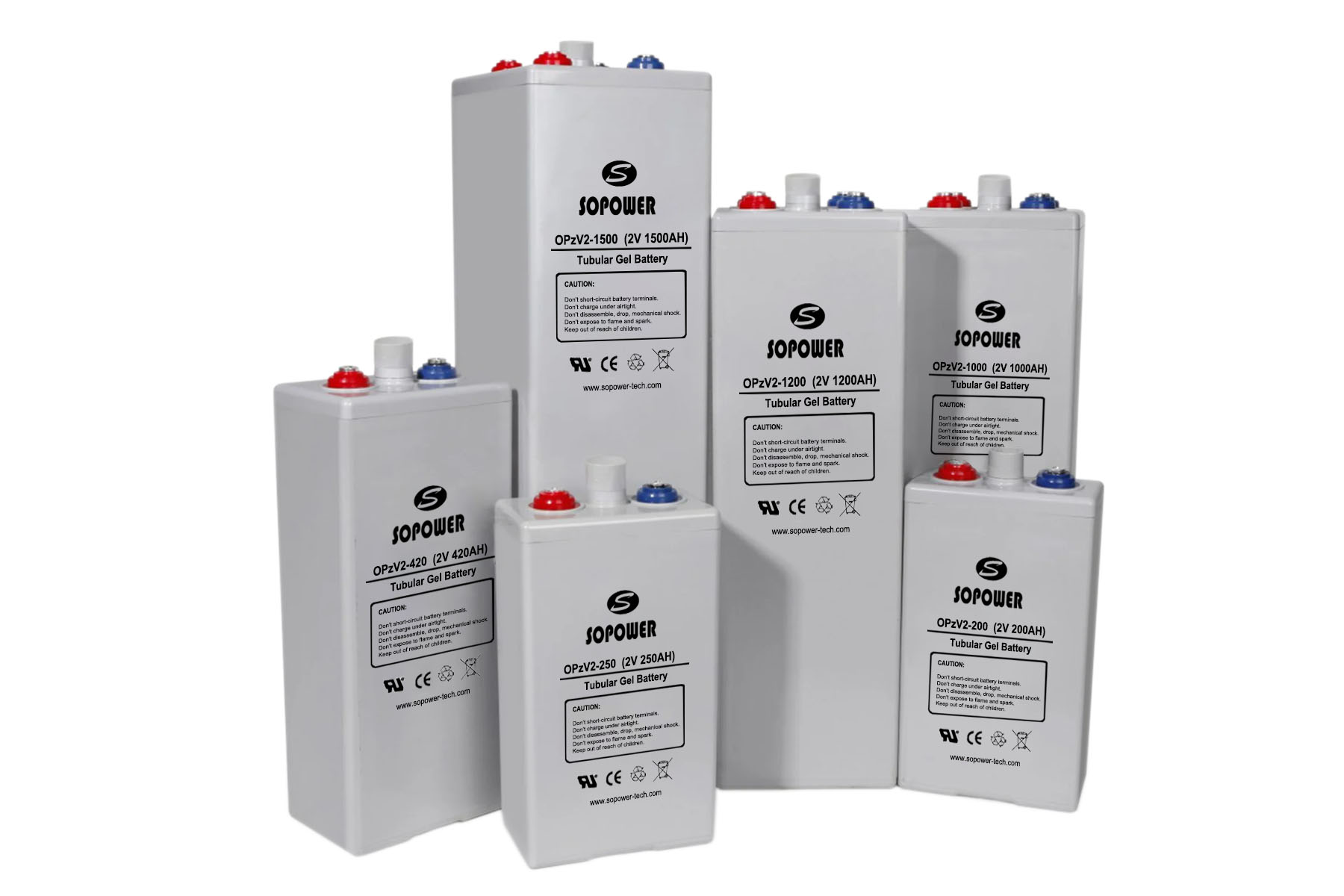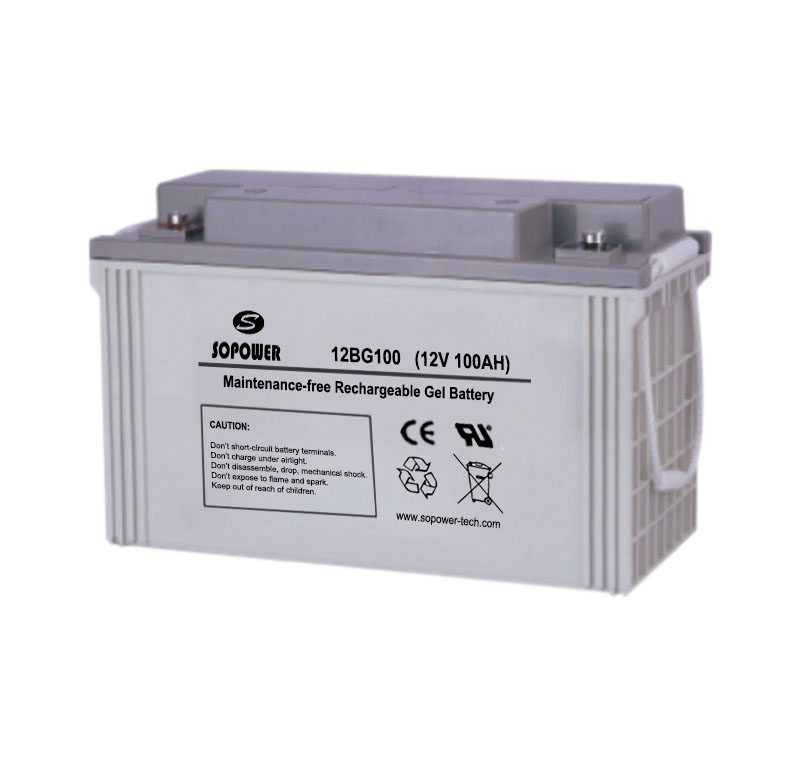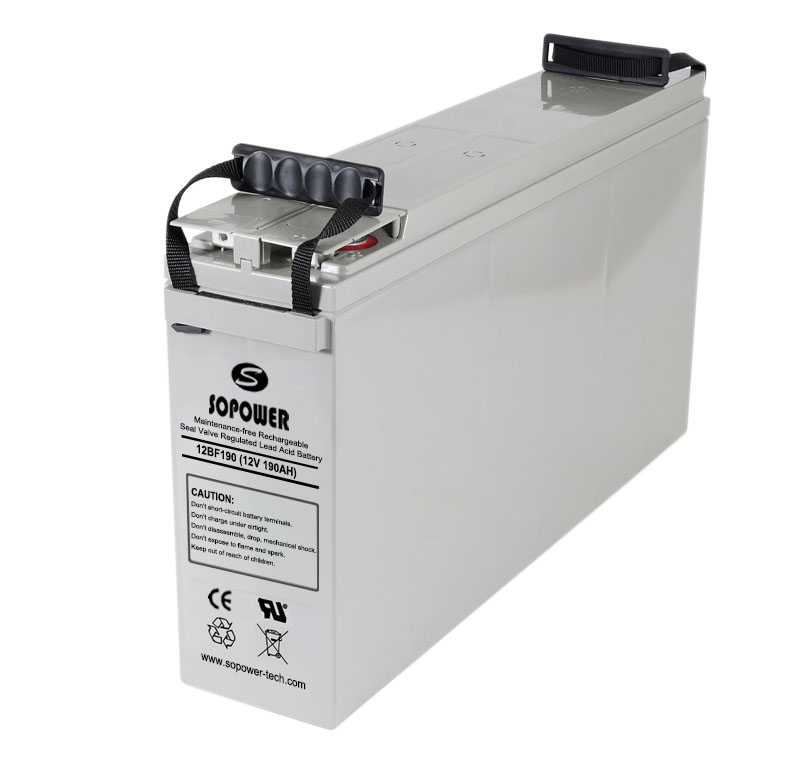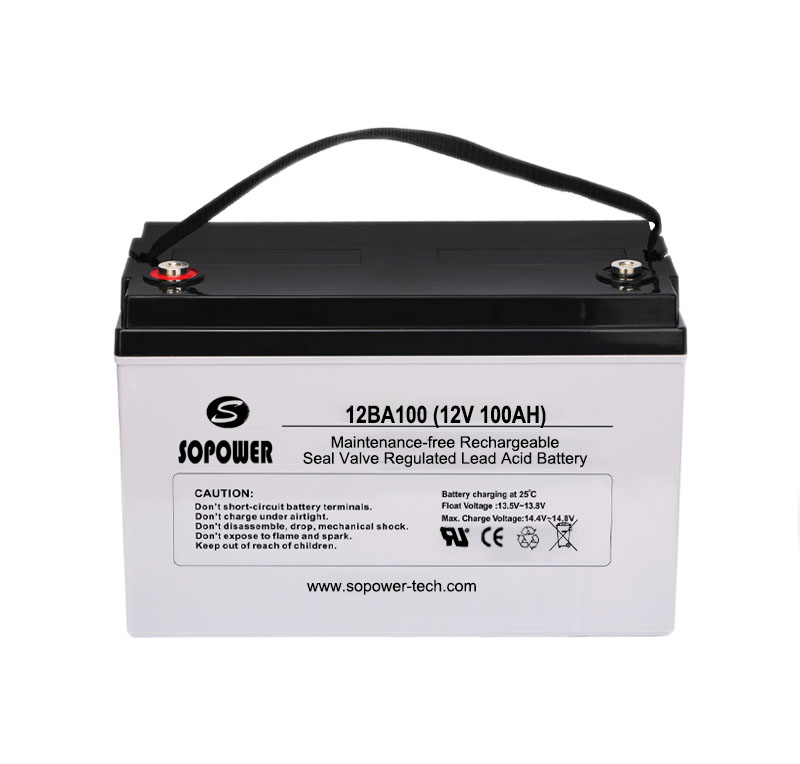Source: PV-Tech Date: 10. APRIL 2014

The EU has approved new state aid guidelines for the energy market that critics say could disadvantage smaller renewable energy producers. Under the proposals, that will be valid from 1 July 2014 until 2020, projects over 1MW in size will have to take part in a technology-neutral competitive bidding process. All projects will also have to provide balancing services, while the guidelines will recommend certificates linked to the electricity market as the preferred source of support. "A tendering schemes inevitably comes along with risks and transaction costs, making it unfit for rooftop PV systems and other small-scale electricity generators," said Alexandre Roesch, head of regulatory affairs, European Photovoltaic Industry Association (EPIA). “The 1MW threshold under which a different support regime is possible is not enough. Cooperatives and community projects, for instance, will now be forced to place their bids in a scheme much more suited to the largest energy players,” he said. "To drive a better market integration of renewables forward, the commission should rather focus on removing existing barriers on the market, instead of forcing renewables into a market which is simply not fit for them," added Roesch. Generators will also no longer receive support when electricity prices are negative, a situation that has often arisen in mainland Europe during exceptionally sunny periods. EPIA believes that the additional paperwork required to take part in an auction plus the necessity of an intermediary to access the electricity markets will put smaller generators at a competitive disadvantage while favouring larger, likely privately held, organisations. Manon Dufour, of the E3G environmental think tank agreed with the thrust of the EPIA assessment. “The impact of the renewables framework is currently tricky to assess as most will depend on how the Competition directorate (DG Comp) decides to implement the guidelines,” she told PV Tech. “However I think the emphasis DG Comp puts on competitive bidding procedures is giving an advantage to large established incumbents over new market entrants – which do not necessarily have the capacity or experience to succeed in these admin-heavy procedures, and will unlikely have time to gain this experience in the short two year transition period.” The Commission continues to assert that the rules will reduce bills for consumers. "It is time for renewables to join the market,” said Joaquín Almunia, Commission vice president in charge of competition policy. “The new guidelines provide a framework for designing more efficient public support measures that reflect market conditions, in a gradual and pragmatic way. Europe should meet its ambitious energy and climate targets at the least possible cost for taxpayers and without undue distortions of competition in the Single Market. “This will contribute to making energy more affordable for European citizens and companies,” he added.











